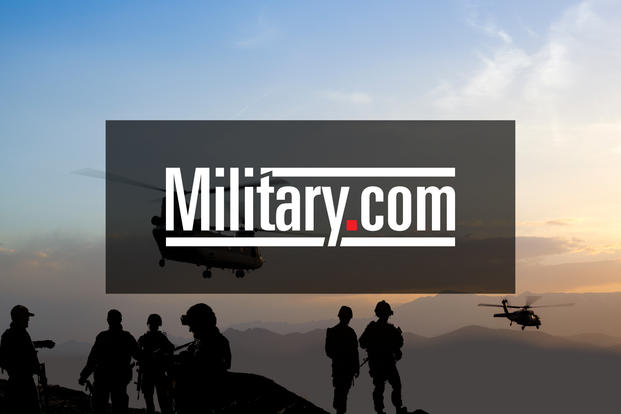The U.S., the United Kingdom and the United Nations pressured the Kurdistan Regional Government (KRG) in Iraq on Thursday to hold off on a Sept. 25 independence referendum that Shiite factions warn could trigger a civil war.
In a statement, KRG President Masoud Barzani said he had heard the arguments against the referendum from the visiting delegation. "We will discuss this issue with the leadership of Kurdistan and will announce our stance in the near future," he said, according to the Kurdish news agency Rudaw.
The delegation that met with Barzani included U.S. Special Envoy to the anti-ISIS coalition Brett McGurk, British Ambassador to Iraq Frank Baker and U.N. Special Representative to the Secretary-General Jan Kubis.
Without giving details, Barzani said, "The visiting delegation presented an alternative in place of the holding the referendum on September 25," but "it is not just my decision," Rudaw reported.
Although the results of the referendum would be non-binding and leave Iraq's five million Kurds short of their dream of an independent state, the vote could fracture the tenuous alliance of Kurds, Shiites and Sunnis in Iraq against the Islamic State of Iraq and Syria.
Kurdish Peshmerga forces played a major role in clearing the way for the Iraqi Security Forces to take back Mosul from ISIS, according to the U.S. military.
In an interview with the BBC on Monday, Barzani said the KRG would be "prepared to draw our own borders" if the central government in Baghdad did not accept the expected "Yes" outcome of the Sept. 25 independence referendum.
A key issue for the KRG is the disputed status of Kirkuk in oil-rich northeastern Iraq.
In the fight against ISIS, Kurdish Peshmerga forces pushed south to take the city, which has large Arab and Turkmen populations.
Shiite militias allied to the central government of Prime Minister Haider al-Abadi have warned that Kurdish attempts to annex Kirkuk would trigger civil war.
Turkey and Iran have also warned the KRG of repercussions.
Turkish Foreign Minister Mevlut Cavusoglu told state television last month, "In that country [Iraq], which has been through so many problems, a referendum on independence can make the situation even worse. God forbid, it could even bring it to civil war."
In the BBC interview, Barzani said, "If any group wants to change the reality of Kirkuk using force, they should expect that every single Kurd will be ready to fight over it."
Barzani said of the referendum, "This is the first step. This is the first time in history that people in Kurdistan will freely decide their future."
"After that, we will start talks with Baghdad to reach an agreement over borders, water and oil," he added. "We will take these steps. But if they don't accept, that will be another matter."
In a video briefing to the Pentagon on Thursday from Baghdad, Army Col. Ryan Dillon, a spokesman for Combined Joint Task Force-Operation Inherent Resolve, said the U.S. is counting on the Peshmerga to join with the ISF in plans to retake one of the last ISIS strongholds in the central city of Hawija.
"It's going to require all elements of the Iraqi Security Forces," he said. "Those plans are continuing, they're underway. The way we see it is -- it will require all elements of the Iraqi Security Force and Peshmerga."
-- Richard Sisk can be reached at Richard.Sisk@Military.com.






























